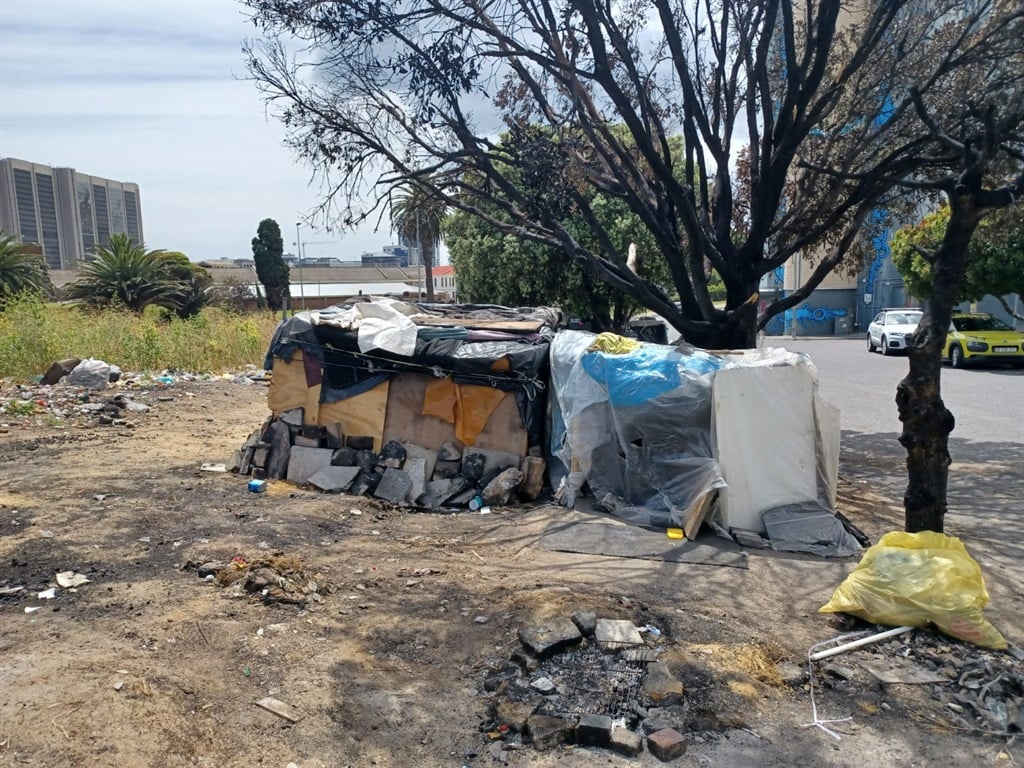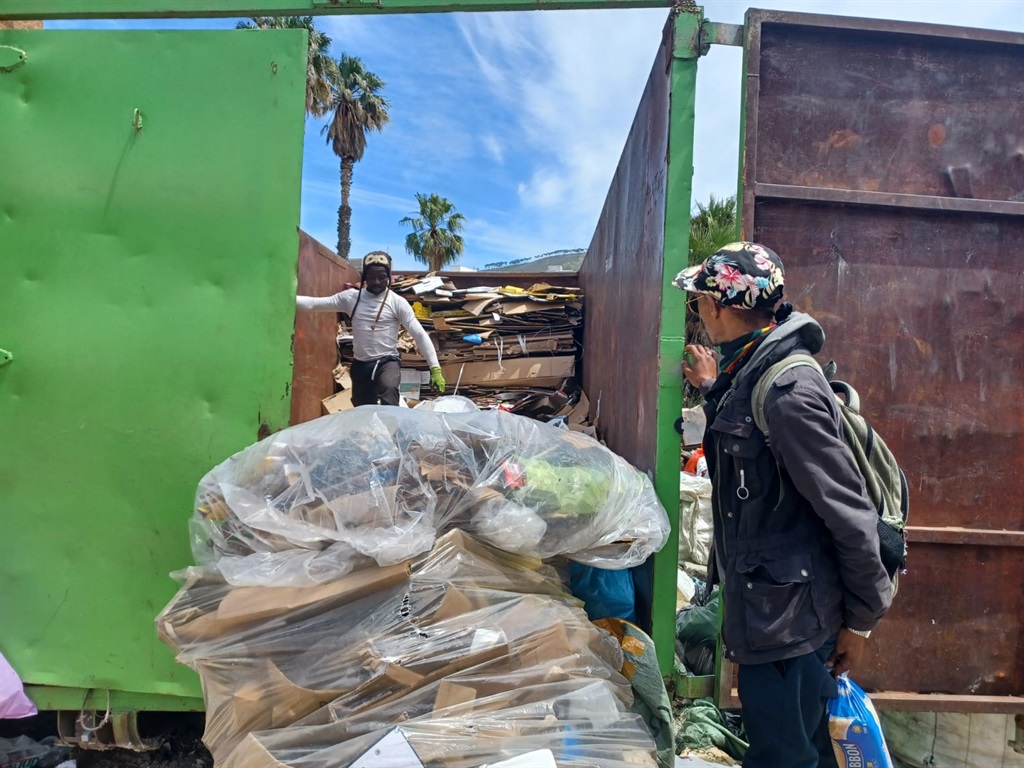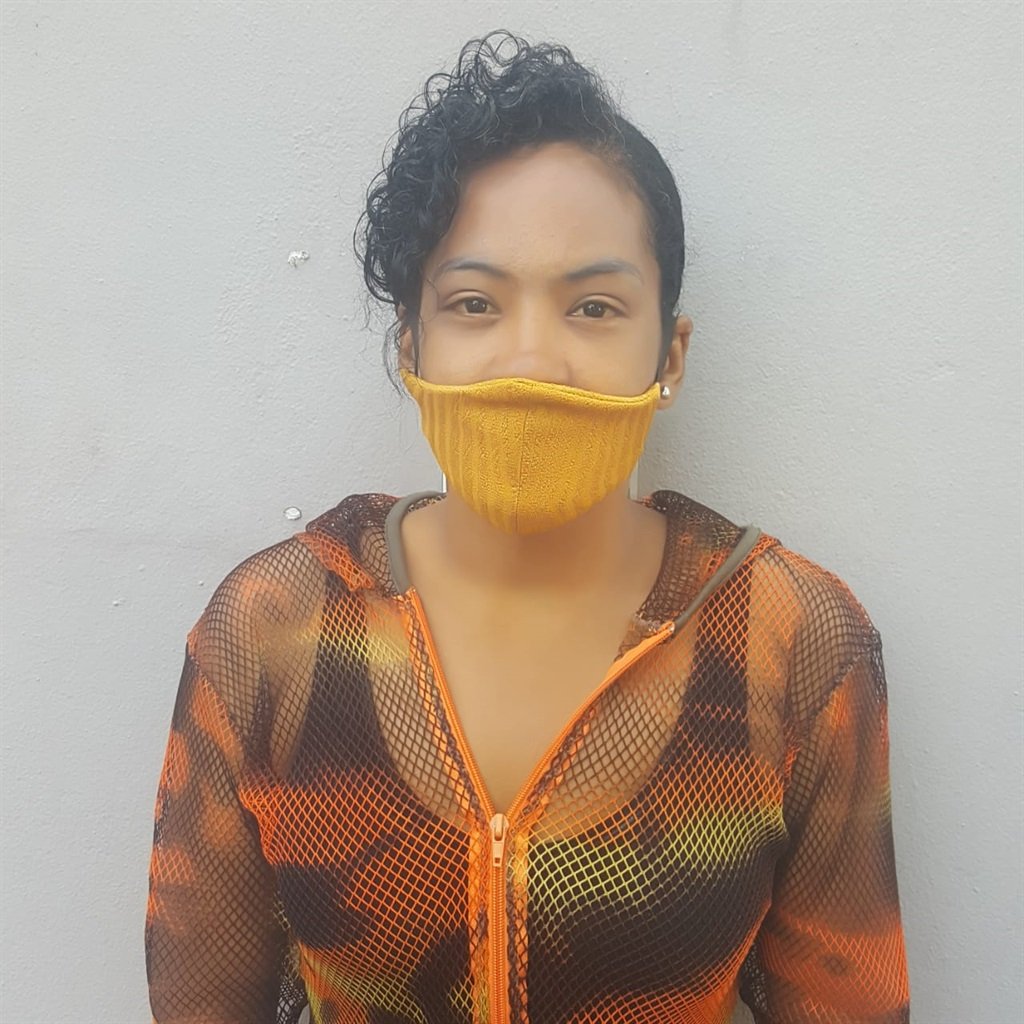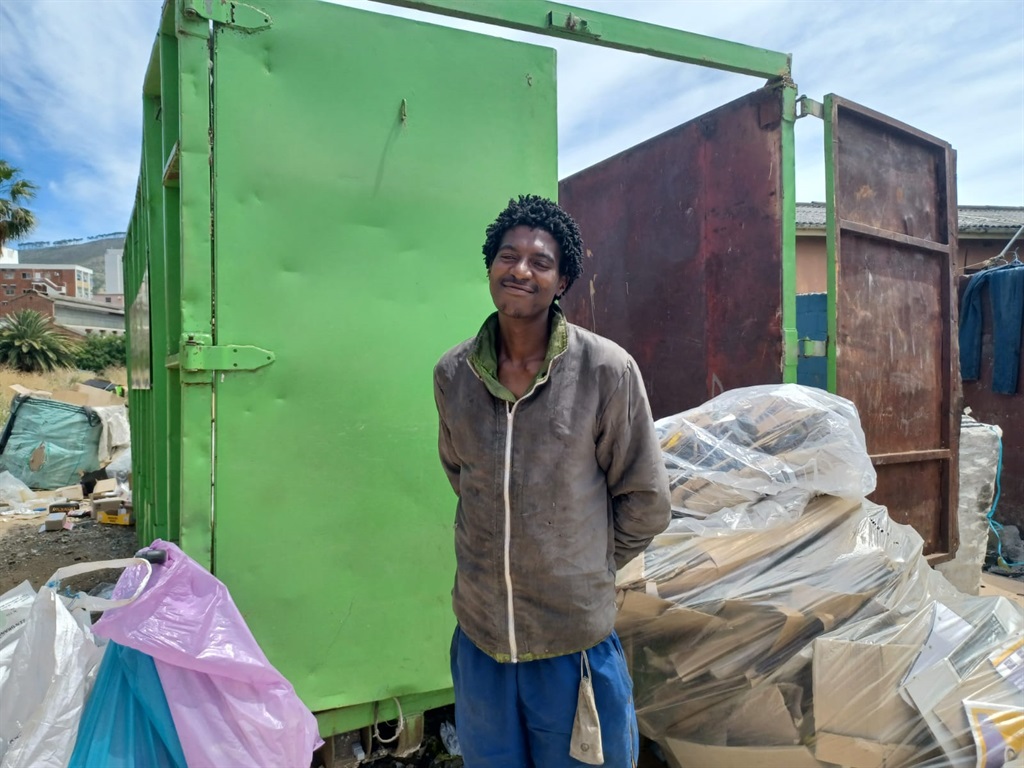
- A group of homeless people claim that they did not vote because the City of Cape Town deliberately confiscated their IDs.
- The City has denied the claim that it confiscated personal belongings.
- According to a legal organisation, nearly all of their clients have had their personal belongings taken by the City.
A group of homeless people in Cape Town have accused law enforcement authorities of deliberately confiscating their IDs before the municipal elections to prevent them from voting.
According to some homeless residents, the City of Cape Town's Law Enforcement evicted them and confiscated their belongings a few days before the voter registration period opened. This included their identity documents.
Carin Rhoode, a community leader from Observatory, said the City was partially to blame for low voter turnout because it could not register homeless people without their IDs.
"Many of [the homeless] people were keen to vote, but they couldn't because their IDs were taken away from them.
"The same thing happened when everyone was getting their Covid-19 vaccine. The homeless were left behind until we had to fight and ask for assistance so that we could also get vaccinated," she added.
Rhoode claimed the City knew that the homeless would not vote for the DA because of the evictions, and had therefore resorted to confiscating their IDs.
The City has denied the claims, saying its staff do not remove personal belongings.
"Our offices are very much aware they cannot take personal items. It is a standard operational procedure," City Law Enforcement spokesperson Wayne Dyason said.
But legal rights lobby group Ndifuna Ukwazi (NU) said nearly all of their clients have had their personal belongings - including their IDs - confiscated by City Law Enforcement officers.
Said Danielle Louw, an attorney for NU:
The group is representing Ruwayda Davids and 55 other homeless residents in the Western Cape High Court, in a case against the City of Cape Town.
According to Louw, they challenged the City’s use of the Streets By-law to evict street-based people.
She added that people experiencing homelessness were marginalised and generally excluded from governmental decision making.
"It is a huge affront to the principle of participatory democracy when a vulnerable population group is actively excluded from making their voice heard. In fact, the City should be taking active steps to ensure that people experiencing homelessness cast their vote and not actively prevent them from doing so," Louw said.
Carlos Mesquita, founding member of Strandfontein Homeless Action Committee (SHAC) and founding member of The Rehoming Collective, said the organisation would advocate for the State to put it into law that homeless people who have had their belongings stolen or confiscated be exempt from paying for their IDs.
"Through our organisation, should homeless people get IDs, we will offer an ID drop-in where we will keep their IDs safe while they choose to still live on the street. We already provide the proof of address to those that require it," Mesquita said.
Carmen Sidicello, 37, has been on the streets for three years and said City Law Enforcement officers treated homeless people "like shit".
"Law Enforcement confiscated the few belongings I had, including my ID, more than a year ago. It's been a nightmare trying to get it back from them, but I'm in the process of trying to get it back because it belongs to me," she said.
Sidicello said officials from Law Enforcement came to do a "clean-up operation" and removed her from the small tent she was living in on the streets.
She said:
The City's Mayoral Committee Member for Community Services and Health, councillor Zahid Badroodien, said that during the City's last enumeration in 2018, a total count of 6 175 people were found to be living on the street or in shelters throughout the metro.
"The survey identified the Cape Town Central Business District and surrounds, Mitchells Plain and Bellville as the areas with the largest street people populations," Badroodien said.
He added that the City had not conducted another enumeration since due to the Covid-19 pandemic.
Meanwhile, 28-year-old Zwai Maowha, a homeless resident for more than 10 years told News24 that he had voted for the first time in his life on Monday.
Maowha said he was very excited to stand in the queue at the Civic Centre to cast his vote, despite the heavy rain that poured down in Cape Town.
"I am one of the lucky few homeless people that still have an ID, and because it was the first time voting, I was pleased to put my X down and stand in the line.
"I want to be off the streets. Life is tough; we have to hustle very hard for a place to sleep and food to eat. Even getting some water is a struggle, so I'm really hoping us homeless people will be treated with the respect and dignity we deserve," said Maowha.
He added that homeless residents experienced harsh treatment from Law Enforcement officers, which reduced their dignity.
Maowha said that, when he had stood in the line to vote, no one had looked at him differently, pushed him aside, or made him feel like an outcast.
"Yes, my homing condition is not right, and I know living on the streets does bring an odour to my body, but it was nice to be among people that treated me with respect. I wish the City officials could do the same."



